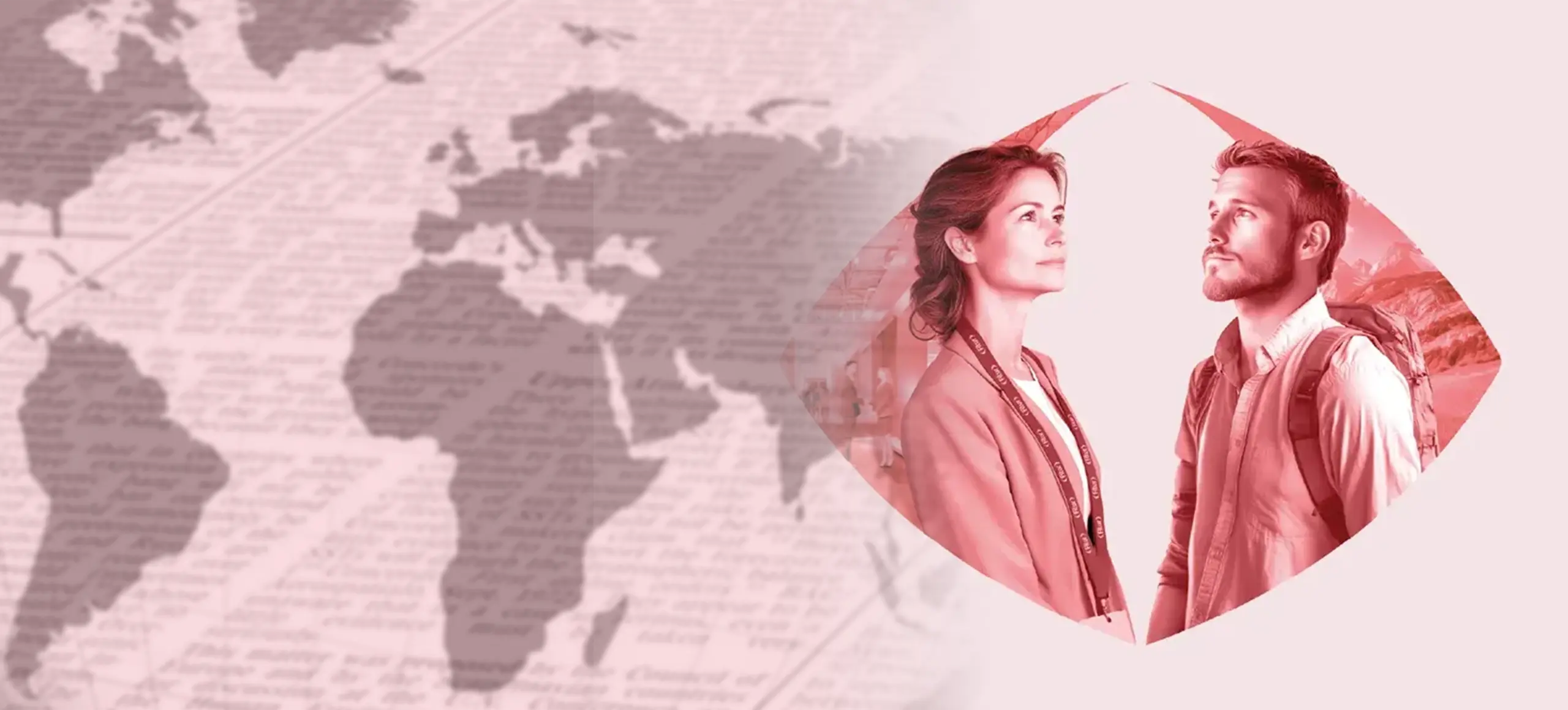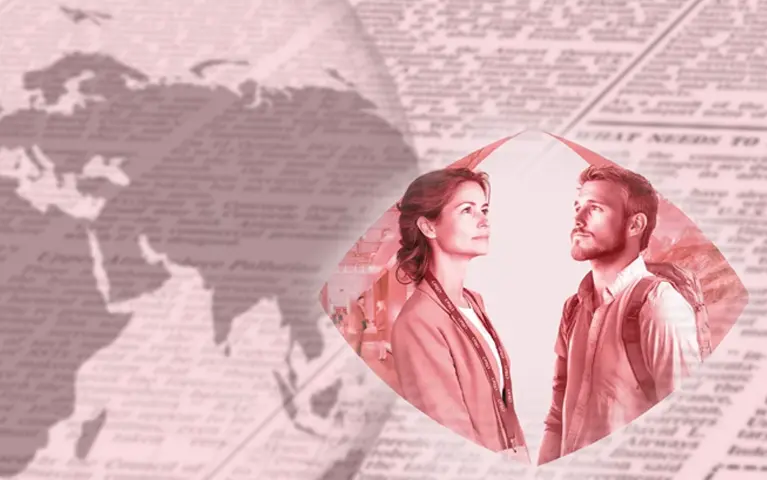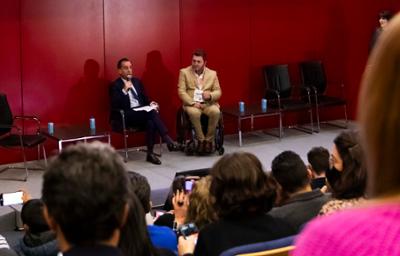

FITUR 4all reveals that seven million Spaniards choose their tourist destination based on the level of accessibility it offers

The Managing Director of IFEMA MADRID affirms at the opening of the section that FITUR seeks to contribute to social, economic and cultural inclusion.
The President of IMPULSA IGUALDAD explains that accessible tourism is not only important as a right, but also because of the business opportunities it offers to the sector.
Around seven million people in Spain choose their tourist destination based on the level of accessibility it offers, a figure that is drawing close to the 90 million in the European Union as a whole. This was made clear at the first edition of FITUR 4all, the new section of FITUR, organised in collaboration with IMPULSA IGUALDAD, with the participation of various experts who highlighted the need to strengthen the quality, diversity and inclusion of the tourism offer.
FITUR 4all aims to bring people with accessibility needs closer to tourist destinations and services, promoting accessible and inclusive tourism. Several round tables took place today, hosted by leading experts who highlighted the latest trends in accessible tourism and shared the best practices in this field. Juan Arrizabalaga, Managing Director of IFEMA MADRID, and Francisco Sardón, President of IMPULSA IGUALDAD, took part in the presentation of this event
Arrizabalaga stated that the presence of a new section such as FITUR 4all at the International Tourism Fair "was essential, as it was necessary to have an area from which to promote equality". Thus, "this space aims to foster inclusion in tourism, and seeks to contribute to and promote accessible tourism so that travel is an option for everyone". The Managing Director of IFEMA MADRID explained that, in short, "FITUR 4all seeks to contribute to social, economic and cultural inclusion".
Also within the framework of these conferences was the presentation of the first 2024 FITUR 4all Awards, created to recognise the commitments made and to publicise and encourage the development and promotion of accessibility in the tourism industry. According to Arrizabalaga, the example of the award-winners "should serve to make all of us in the tourism sector much more aware of inclusion, and to encourage and support any initiative and regulation to make this equality and inclusion effective". He encouraged the promotion of these projects and the development of accessible infrastructures "that bring tourism closer to people with different abilities, making environments more inclusive and friendly, and to generate awareness, respect and education".
A right and an opportunity for business
For his part, Francisco Sardón, President of Impulsa Igualdad, highlighted the importance of "the joint organisation, between FITUR, the leading and benchmark trade fair in the field of tourism, and Impulsa Igualdad, the reference organisation in the promotion of accessible tourism, of a conference and awards that recognise the best practices and good work of entities, countries, destinations and companies in the promotion of accessible tourism".
Sardón stated that "people with disabilities have the same right to be able to travel and access knowledge from other cultures, and therefore be more aware of the tolerance necessary for the progress of society". Furthermore, he explained that accessible tourism is not only important as a right, but also that the data is sufficiently relevant and convincing for the sector as a whole to understand the business opportunities it offers. "In Spain there are four million people with disabilities and surrounding them are their relatives and friends, which means that about seven million people in our country choose their tourist destination depending on the level of accessibility it offers them; and in the European Union there are around 90 million people for whom accessibility is a fundamental factor when planning their trip".
Best practices
This was followed by a series of round tables, in which experts explained the latest trends in accessible tourism and best practices in this area. Ulrike Bonhet, Director of the German National Tourism Board in Spain and Portugal; Arturo Bravo, Vice-minister of Tourism of Colombia; and Helena Pereira Ribeiro, Project manager in the Department of Offer and Resources Promotion at Turismo de Portugal, participated in the discussion dedicated to international destinations. Ignacio Osorio, Managing director of Impulsa Igualdad, acted as moderator.
Isabel Novoa, President of ISTO; Igor Stefanovic, Technical Coordinator, Ethics, Culture and Social Responsibility Department - World Tourism Organization (UNWTO); and Arantxa Hernández, Manager of Vías Verdes, took part in the table of entities and organisations. The discussion was moderated by Francisco Sardón, president of IMPULSA IGUALDAD.
The round table of tourism companies included Enrique Espinel, COO Civitatis; Javier Sancho, Director Sales Europe at Hilton; and María de Andrés, Head of Sustainability at VECI. The discussion was moderated by Miguel Carrasco, Director of Inclusive Tourism at Impulsa Igualdad and COO of TUR4all Travel.
Finally, participating in the national destinations round table were Iván Gonzalez, Tourist information director of Madrid Destino; Lucho Pérez, Head of tourist accessibility at Visit Benidorm; and Daniel Martinez Junquera, director of Gijón Turismo. María Hernández Izquierdo, Director of Communication and Marketing at Impulsa Igualdad, acted as moderator.
The day ended with the presentation of the 1st FITUR 4all Awards to Benidorm, Colombia, Port Aventura World and the Costa Rican Tourism Network, for the alignment of their initiatives and projects with the objectives of inclusivity in tourism in the categories of Inclusive National Destination, Inclusive International Destination, Inclusive Company and Inclusive Organisation, respectively.




